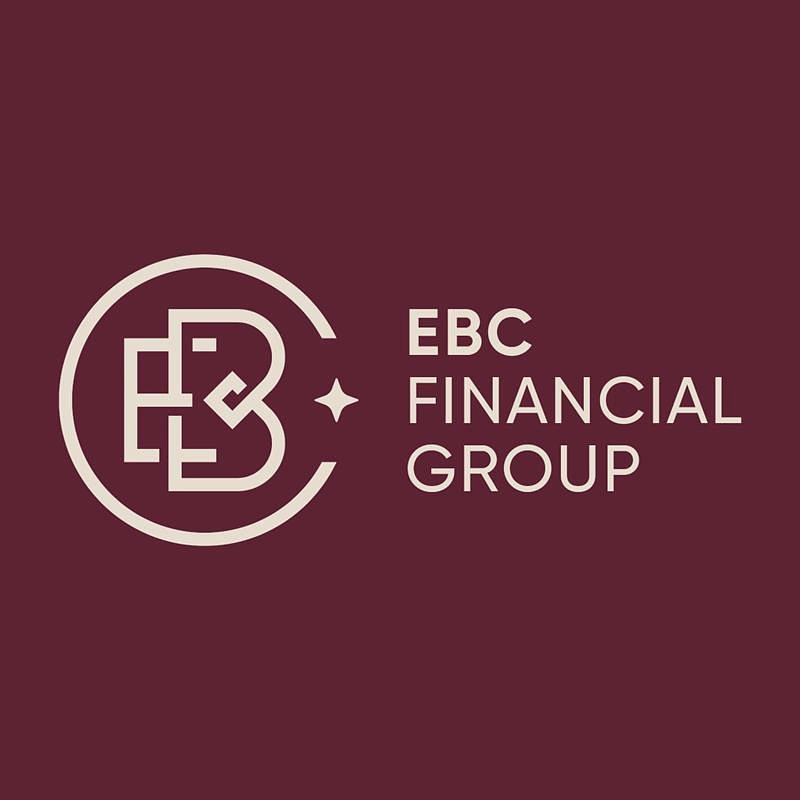
Democratizing Finance: Broker & Oxford U. Tackle Elitism in Financial Literacy
EBC Financial Group partners with the University of Oxford to address accessibility gaps in financial education. Can this collaboration truly 'democratize' finance, or is it a branding exercise?
Democratizing Finance: Broker & Oxford U. Tackle Elitism in Financial Literacy
NEW YORK, NY – November 14, 2025
Bridging the Knowledge Gap
EBC Financial Group, a global online brokerage, is collaborating with the University of Oxford’s Department of Economics to tackle a persistent problem in the financial world: inaccessible education. The partnership, formalized in March 2024, aims to move beyond traditional financial literacy programs, which critics argue often cater to an elite audience, leaving many underserved. Their joint webinar series, “What Economists Really Do,” recently hosted its third event on November 11, 2025, attracting 200 participants eager to explore the intersection of economic theory and practical financial understanding.
EBC’s CEO, David Barrett, has been vocal about the shortcomings of current approaches. “After 2008, financial education became more elitist, giving beginners a steeper learning curve, and thereby making it inaccessible to many,” he stated in recent public comments. This critique resonates with broader concerns about systemic barriers to financial inclusion, and the partnership seeks to offer a more democratic alternative.
The Critique of ‘Elitist’ Education
The assertion that existing financial literacy programs are ‘elitist’ isn’t merely rhetorical. Research indicates a significant gap in access to quality financial education, particularly for vulnerable populations. A recent study revealed that only a small percentage of students in underserved communities have guaranteed access to relevant coursework. This disparity isn't just about access to education, but the type of education offered. Many programs focus on individual responsibility, neglecting the structural inequalities that contribute to financial hardship.
“There's a danger in framing financial struggles as solely individual failings,” notes one financial educator. “It ignores the systemic factors – wage stagnation, predatory lending, lack of affordable housing – that create real obstacles.” Critics argue that a truly effective financial education must address these larger issues alongside basic budgeting and investing principles.
Moreover, the effectiveness of traditional programs is debatable. A meta-analysis of over 200 studies found that financial literacy programs often fail to translate into improved financial behavior. Some researchers suggest this is because programs focus on knowledge acquisition without providing the tools or support needed to apply that knowledge in real-world situations. Others point to the importance of behavioral economics – understanding the psychological factors that influence financial decision-making.
EBC & Oxford: A New Approach?
The EBC-Oxford partnership proposes a different model. The “What Economists Really Do” series focuses on building a deeper understanding of economic principles, rather than simply offering practical tips. “We want to empower individuals to think like economists,” explains a spokesperson for the University of Oxford. “To analyze complex financial situations, understand risk, and make informed decisions.”
The collaboration leverages Oxford's academic rigor and EBC’s practical experience in the financial markets. The series covers topics ranging from tax evasion and climate economics to behavioral finance and the future of money. “It’s about making economic knowledge accessible and relevant,” explains one participant in a recent webinar. “Not just teaching people what to do, but why.”
EBC also operates under regulatory oversight in multiple jurisdictions—the UK’s Financial Conduct Authority, Australia’s ASIC, the Cayman Islands Monetary Authority, and Mauritius’s Financial Services Commission—emphasizing client asset security. The company states that client funds are held in segregated accounts, and offers negative balance protection to eligible clients.
However, questions remain about EBC’s motivations. While the company frames the partnership as a commitment to social responsibility, some industry observers suggest it’s also a branding exercise. “It’s a smart move from a marketing perspective,” says one financial analyst. “Associating with a prestigious institution like Oxford enhances EBC’s credibility and reputation.”
Furthermore, there have been some complaints regarding EBC's operational practices. Some user reviews on platforms like WikiFX contain complaints regarding slippage and withdrawal difficulties. EBC addressed these complaints in a public statement issued in November 2023, warning against scammers impersonating their staff, and clarifying that it does not engage in cryptocurrency trading. These issues warrant continued monitoring, ensuring transparency and accountability.
The efficacy of this model remains to be seen, but its emphasis on accessible and in-depth economic understanding is a welcome departure from traditional approaches. It’s a step toward a more inclusive financial system, empowering individuals to navigate the complexities of the modern economy.
